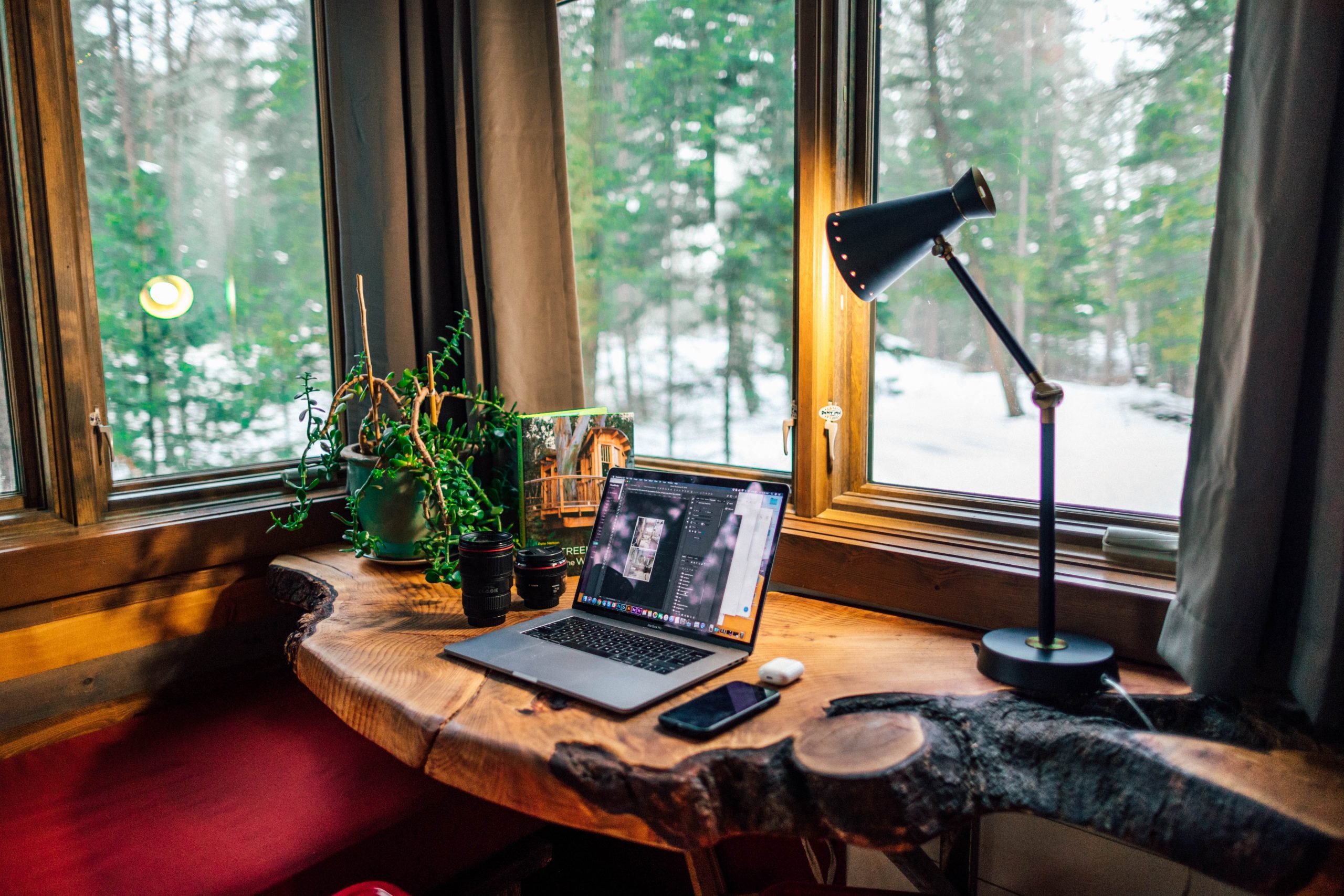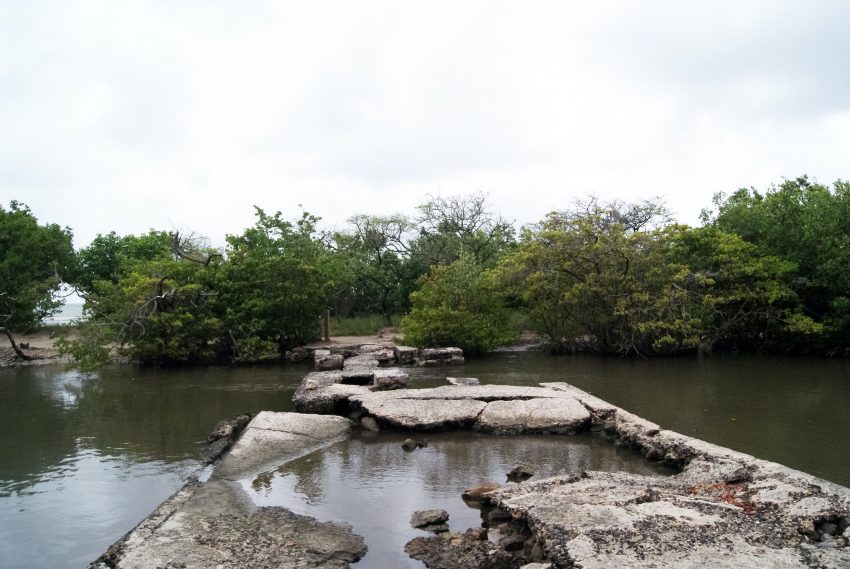I listen to a long list of podcasts and find many of my new podcasts while listening to podcasts or reading podcast social media when I dive down podcast rabbit holes.
I’m sure I found out about A Slight Change of Plans hosted by Dr. Maya Shankar on a podcast interview of Dr. Shankar. A Slight Change Of Plans has turned out to be one of my favorites.
This week’s episode (11/1/21), Dr. Shankar interviewed Annie Duke, author of the book How To Decide. Two parts of their conversation struck me hard.
First was the Katamari ball concept where accumulated info/experience/sunk effort and costs make us stay with bad decisions longer because we tend to value that accumulated debris enough we don’t want to have wasted it and we end up putting more time, money and effort into something that may not be worth staying with [12:50 mark].
Side note. In the popular video game Katamari Damacy, a ball resembling the old school bumble ball children’s toy, is used to accumulate things,
Annie’s comparison was perfect because the idea of accumulating things (experiences, thoughts, behaviors, rewards) and hanging on to them because they, for better or worse, provide familiarity and comfort, makes us more resistant to change.
Second was when Dr. Shankar was talking about how we tend to value a decision based on its outcome instead of the paths from that decision [22:00 mark]. This correlates with the fact that we as a culture value grit/sticktoitness /staying with a thing etc.
I had to re listen to those sections a few times.
There are scenarios in my life where both of the biases above and cultural training have impacted how I look back on the decisions I made in those moments. This episode opens up my thinking to understand some things:
When we get new information (even if it’s long after the decision was made) it can reframe the value of that decision. When we grow and evolve as humans (which we do, human development doesn’t stop until the day we die), we have the full stop right to choose differently than we would have in another phase of our lives and we have the full stop right to reframe how we experienced the things we chose to do in the past.

